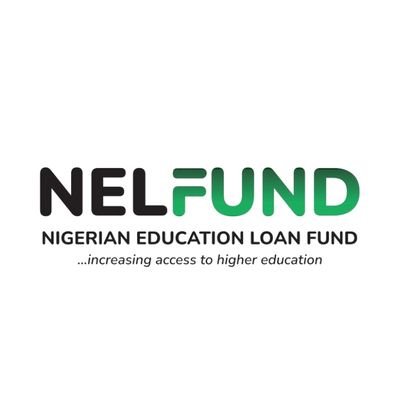Experts in the education sector have called on university teachers and researchers to seek international collaborations as part of efforts to enhance their careers and capacity.
The Deputy Vice Chancellor, Kola Daisi University, Ibadan (KDU-I), Prof. Olajumoke Morenikeji, Team Lead, User Training Australia’s Climate Simulator, Australian National University, Dr Paige Martin; Dr Kudus Adebayo of the Diaspora Transnational Studies Programme, Institute of African Studies, University of Ibadan, and Communication Engagement Manager, Africa-Oxford Initiative (Af-Ox), David Owino, who made the call during an international symposium with the theme: “Harnessing multi-disciplinary research and innovation for sustainable development”, emphasised the need for collaboration to enhance growth and national development.
Morenikeji, in her opening remarks, said research collaboration and funding are essential to advance knowledge, share resources, train and develop expertise, and solve pressing global challenges, including climate change and public health issues that require multidisciplinary and international efforts.
To this end, she noted that institutions must therefore, create means to make research collaboration and funding possible. While stating that attracting funds is very important for universities, the scholar lamented the exclusion of private universities from the Tertiary Education Trust Fund (TETFund) despite their significant contributions to national development.
“Research is very important to the academic community. It is imperative for private institutions to access research funding through collaboration with public institutions, international and private sector giants, internal funding and philanthropy.” Speaking on the topic, ‘Research collaboration and funding,’ Martin said collaborations in research takes a lot of efforts and time.
“There is a need to maintain open science – a collaborative culture enabled by technology that empowers the open sharing of data, information, and knowledge within the scientific community and the wider public to accelerate scientific research. “
She emphasised that open science is built on trust and shared responsibility, grounded in the use of accessible tools and resources, like open-source software, FAIR data, shared infrastructure, and openly licensed educational materials.
Also speaking on the research opportunities at AfOx, Owino said Africa and Oxford remain strategic partners in research collaboration.
While stressing that research efforts must translate into impacts, Owino urged researchers to enhance their personal development, contribute meaningfully to collaborations, and remain deeply engaged with their research interests.
The symposium did not only benefit lecturers and researchers but also provided useful information on funding opportunities that are beneficial to both undergraduate and post-graduate students.
Adebayo of the Diaspora Transnational Studies Programme, who spoke on the topic, “Accessing and winning research grants,” charged participants, especially early career researchers and current doctoral students to take advantage of post-doctoral research opportunities, travel grants and other sponsored academic activities.
“There are a lot of funds earmarked for fellowships, scholarships, and research. You have a lot to give the world in terms of ideas. Take advantage of travel grants as doctoral students and other international opportunities available in your field”.
While sharing academic funding opportunities for undergraduates, Kudus urged participants to build their profile, develop good writing skills, clear goals, realistic budget, proper evaluation, and observe timeline when applying for relevant funding opportunities.






